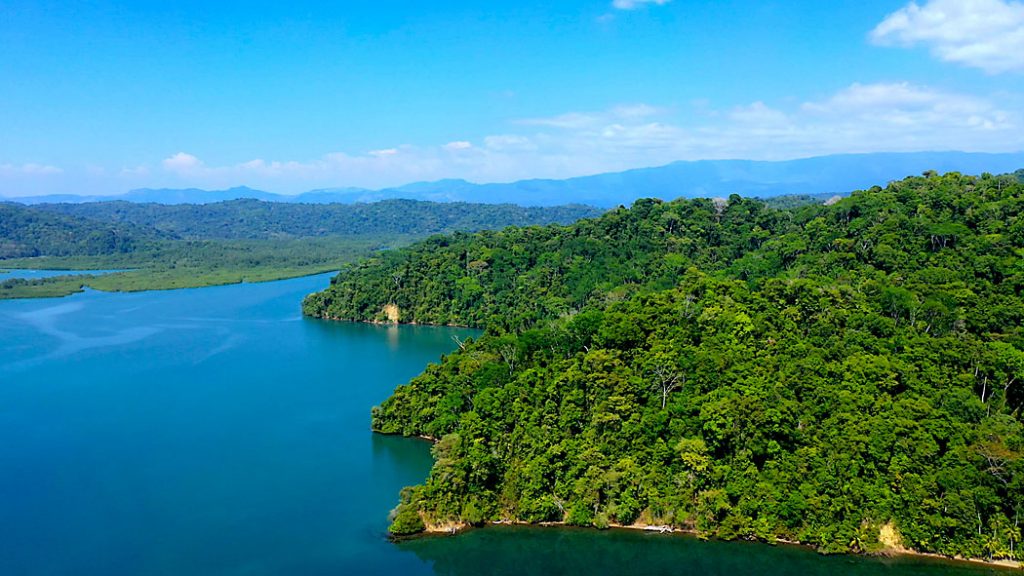In a world where the conservation of natural resources becomes more imperative by the day, Costa Rica has taken a decisive step forward. The Central American nation, renowned for its verdant landscapes and diverse ecosystems, is intensifying its efforts to safeguard these natural treasures. Recently, the government has implemented stringent measures to combat illegal access to its protected wildlife areas, a move that underscores the country’s commitment to environmental stewardship.
The Urgency of the Situation
Costa Rica is home to an astonishing 5% of the world’s biodiversity, despite covering only 0.03% of the earth’s surface. This remarkable concentration of life forms is both a national treasure and a significant draw for international tourists. However, the same features that make Costa Rica a paradise for nature lovers and researchers also make it a target for less scrupulous activities, including illegal poaching, logging, and unregulated tourism, which threaten the delicate balance of these ecosystems.
Government’s Response: Legislation and Enforcement
Responding to the urgency of the situation, Costa Rican authorities have rolled out a comprehensive crackdown on illegal activities in protected areas. The government’s strategy includes enhancing surveillance techniques, increasing the number of park rangers, and implementing more severe penalties for violations. These measures are supported by a robust legal framework designed to deter potential offenders and ensure that violators are held accountable.
Challenges in Enforcement
While the government’s commitment is clear, enforcing these regulations poses significant challenges. The vast and often remote stretches of protected areas make monitoring difficult. Furthermore, the intricate web of local and international actors involved in illegal activities necessitates not only local but global cooperation. Costa Rica has therefore been working closely with neighboring countries and international organizations to strengthen cross-border environmental law enforcement.
Community Involvement: A Key Strategy
Recognizing that local communities are vital stakeholders in conservation efforts, the Costa Rican government has also emphasized the importance of community involvement. By engaging local populations in the protection of these areas and ensuring they benefit from conservation programs, the authorities aim to foster a culture of conservation. Educational initiatives and community-based monitoring programs are part of this inclusive approach, aiming to make locals the first line of defense against environmental violations.
Technology in Conservation
In the age of technology, Costa Rica hasn’t shied away from using innovative solutions to aid conservation efforts. From satellite imagery to drone surveillance, the country is employing advanced technology to monitor protected areas more effectively. These technologies enable rapid response to potential illegal activities and help in mapping and documenting biodiversity, which is crucial for its preservation.
The Impact of Conservation Efforts
The intensified conservation efforts are more than just an environmental imperative; they are also crucial for sustaining Costa Rica’s economy. Ecotourism is a significant part of the country’s GDP, and preserving its natural habitats ensures the continued attraction of tourists who contribute economically. Moreover, these efforts help maintain the ecological balance necessary for the survival of many species that could otherwise be driven to extinction.
Looking Forward
As Costa Rica continues to enforce and enhance its conservation strategies, the global community watches closely. The nation’s proactive stance serves as a model for other countries grappling with similar issues, proving that through determined effort and international cooperation, significant strides can be made in conserving nature’s bounty for future generations.
Costa Rica’s crackdown on illegal access to protected wildlife areas is a bold step in the global effort to preserve natural habitats. By combining legislation with community involvement and technological innovation, Costa Rica not only protects its environmental heritage but also sets a benchmark in conservation for the world to follow.

